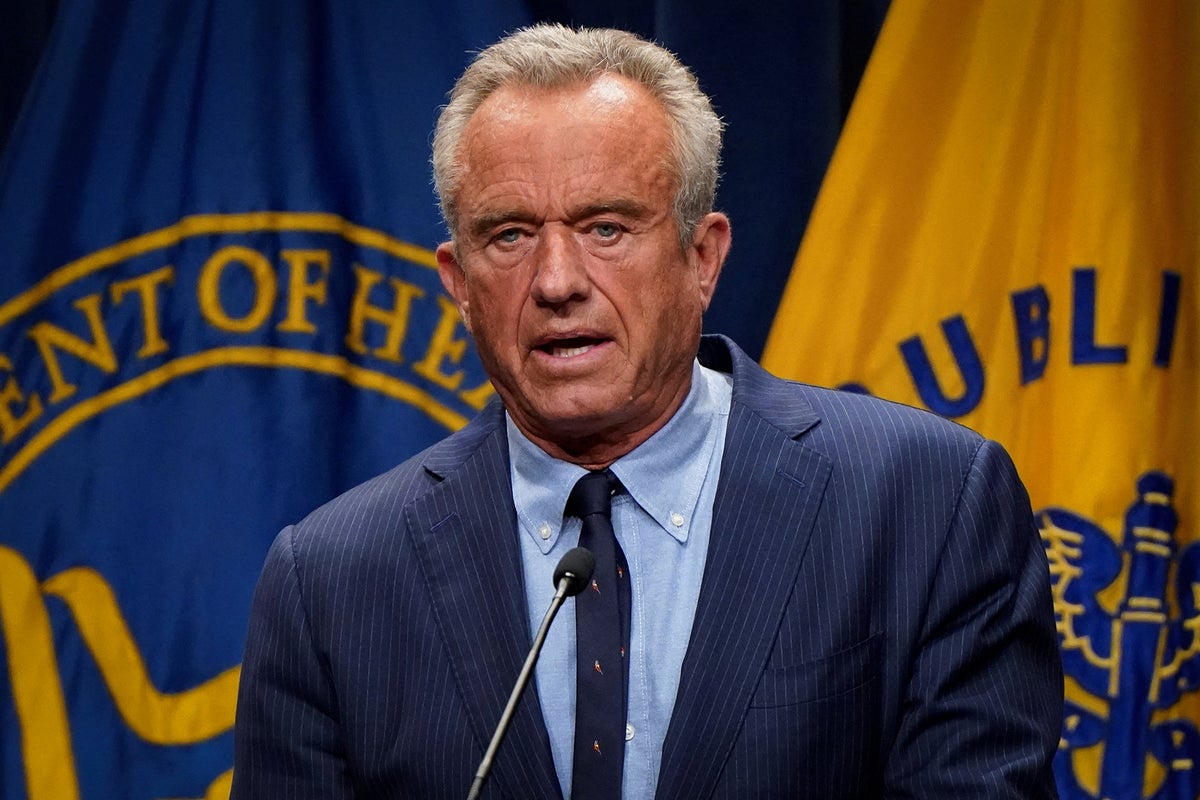
New findings from social psychologists at the University of Amsterdam, published in the journal Nature Human Behavior, reveals that America's conservatives have an even deeper mistrust of science than was previously recognized.
The scholars queried 7,800 Americans about their views on 35 distinct scientific careers and analyzed these responses according to whether they considered themselves conservative or liberal.
They found that members of the public who described themselves as right-leaning were overwhelmingly more likely to distrust scientists , especially those whose efforts in areas like climate change do not necessarily match their political beliefs.
Even more unexpectedly, those who lean conservative were equally doubtful of scientifically inclined professionals such as industrial chemists, even though these experts' discoveries could potentially boost economic development and wealth—areas generally favored by individuals on the political right.
It was discovered that Republican participants showed strong resistance to "interventions" conducted by the researchers aimed at positively shifting their attitudes toward the subjects being discussed.
The discoveries could have significant implications for addressing societal issues that demand widespread agreement among the public to solve, like curbing climate change and thwarting future pandemics.
In America as well as in other nations, conservatives typically exhibit less faith in science, said One of the researchers involved in the study was Bastiaan T. Rutjens.
"Ever since the 1980s, confidence in scientific institutions amongst American conservatives has significantly declined," he noted, clarifying that these groups now view such disciplines as "a pursuit of the political left." Concurrently, colleges frequently get perceived as "bastions of liberal authority.”
This bias is now being demonstrated by the President. Donald Trump ’s choice to reduce $2.2 billion in federal funds to Harvard University despite its reluctance to submit to his requests.
In his survey, Rutjens found that climate scientists, medical researchers, and social scientists were considered some of the least trustworthy professionals.
"This is probably due to the fact that discoveries in these areas frequently clash with traditional views, like those supporting a free-market economy or conservative societal norms," he proposed.
Regarding the same subjects' skepticism towards individuals involved in more technical and applied areas, Rutjens noted: "It continues to be remarkable that conservatives exhibit lower levels of trust even in these contexts."
Their mistrust encompasses all of science.
After a decade of populist politicians dismissing global warming as a “scam ,” Health and Human Services Secretary Robert F Kennedy Jr. questioning vaccines, and COVID-19 conspiracy theories being freely shared on social media, the attitudes uncovered by the study are perhaps not altogether surprising.
Regarding how to tackle this issue, Rutjens determined that more powerful measures were necessary to confront the observed paranoia and mistrust.
"Extremely unusual events are occurring in America at present," he stated.
“Yet, even within the Netherlands, we are witnessing extraordinary conversations taking place about science, often intertwined with considerable mistrust.”
These brief interventions fail to enhance transparency and reliability of science for specific groups.
We require more powerful measures to genuinely personalize science. What value can science add to your daily existence, right at this moment?
Operating out of 12 nations and available in six different languages, The Independent stands as a genuinely global news entity. As the pioneer among premium news outlets to wholeheartedly adopt a completely digital direction back in 2016, The Independent continues to lead the way. Britain's biggest high-quality online news platform and ranked among the top ten news brands in terms of reach within the United States.